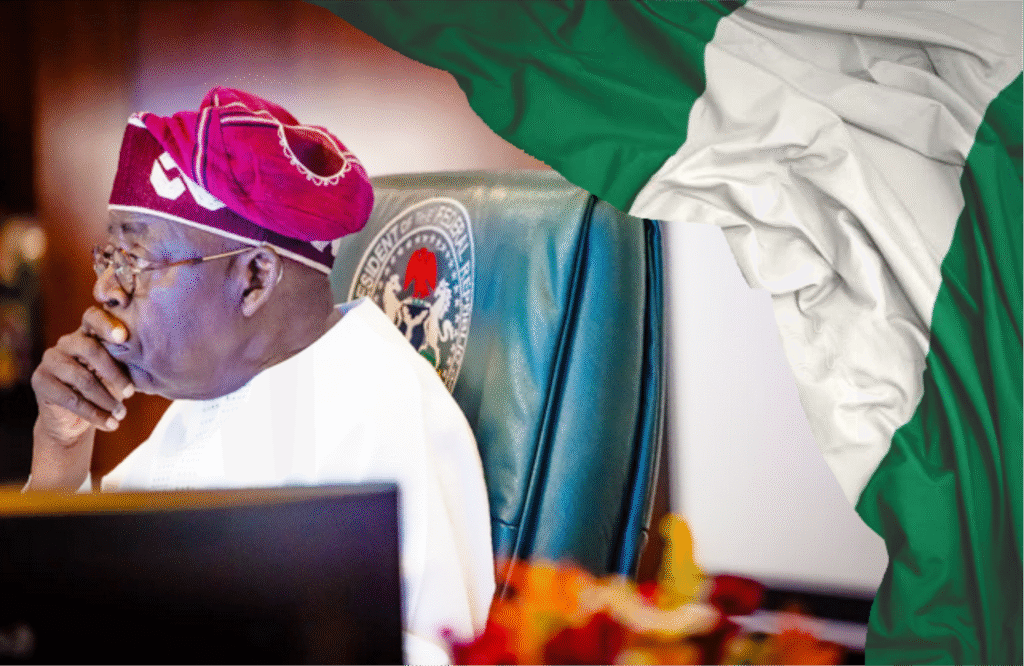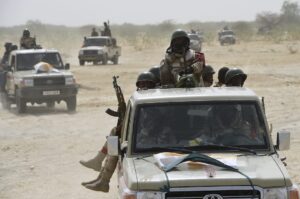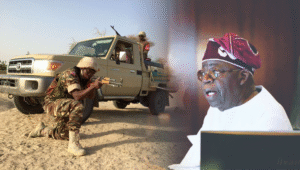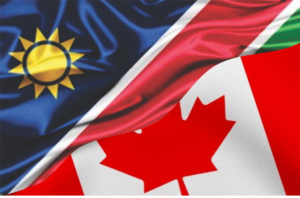President Ahmed Tinubu Seeks Global Support, as Nigeria Intensifies War on Terror

President Bola Tinubu has called on Nigeria’s international allies to deepen their support for the country’s fight against terrorism, pledging that his administration will pursue the campaign with renewed determination and respect for the rule of law.
In a statement shared on his verified X account on Friday, the President reaffirmed Nigeria’s commitment as a “reliable partner” in global security cooperation, emphasizing that “security is non-negotiable” and that no effort will be spared in eliminating terrorist threats that have plagued the nation for nearly two decades.
The call comes amid a complex backdrop: families in the country’s northern and central regions continue to endure the human cost of insurgency, from displacement and abductions to disrupted schooling and livelihoods. Communities in states such as Borno, Zamfara, and Niger still carry deep scars of violence, even as military offensives have reclaimed vast territories once under extremist control.

Tinubu’s appeal also emphasizes a modification in Nigeria’s diplomatic posture; as an effort to project stability and attract both security and economic cooperation from allies in an increasingly multipolar world. “Nigeria will be and remain, a reliable partner and dependable ally to its friends,” he wrote. Many analysts have interpreted this his written line as both reassurance and request, especially at a time when foreign investors weigh risks against reform-driven opportunities.
The President’s message praised the armed forces and intelligence agencies for their courage and unity regardless of tribe or religion. Framing the anti-terror campaign not only as a security mission but as a mark of national cohesion. The rhetoric of unity, which states that Nigeria is one family; we rise together, touches a depth of cultural note in a country where ethnic and religious diversity often mirrors political fault lines.
Tinubu’s stance signals continuity with Nigeria’s long-standing counterterrorism alliances with partners such as the United States, the United Kingdom and the African Union, while also inviting broader cooperation from emerging global players, politically. Yet, observers warn that military progress must be matched with social reintegration, economic opportunity and local trust-building. These are the elements that determine whether peace can endure once guns fall silent.

To many Nigerians, the battle against terror is not just a geopolitical challenge but a daily reality shaping family lives, business confidence and the social fabric of Nigeria. From marketplaces in Maiduguri to classrooms in Kaduna, citizens continue to hope that global solidarity will translate into tangible stability at home.
As President Tinubu puts it, the task ahead is “immense”, but the nation’s “resolve is even greater”. His words now echo beyond the battlefield, into the diplomatic halls, boardrooms and households where Nigeria’s future will be determined.






